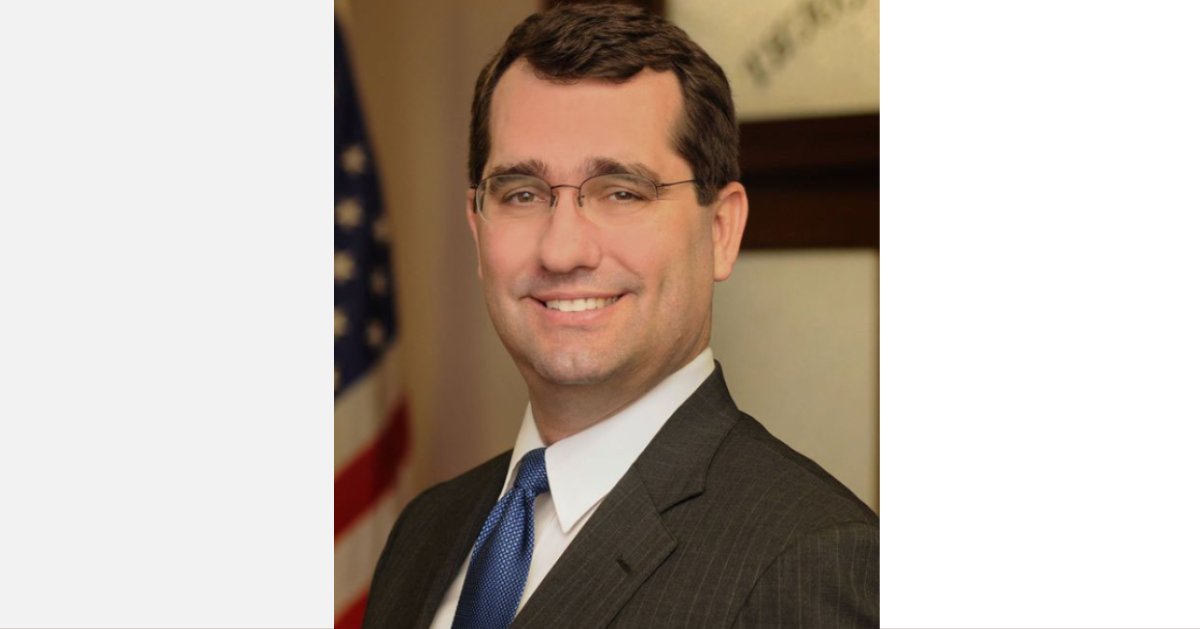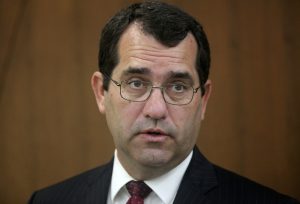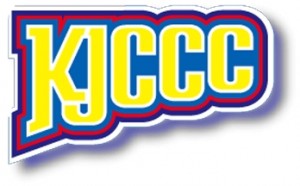AG Derek Schmidt to FCC: Strengthen rules to protect consumers from robocalls

The Office of the Kansas Attorney General
TOPEKA – (August 26, 2019) – Following last week’s announcement that 12 major telecom companies have agreed to actions aimed at reducing unwanted robocalls, Kansas Attorney General Derek Schmidt today asked the Federal Communications Commission (FCC) to require telecom companies to implement the caller ID authentication technology outlined in the agreement if they fail to do so voluntarily by the end of 2019.
Today’s comment letter to the FCC follows the announcement last week of Anti-Robocall Principles agreed to by 12 telecom companies and a bipartisan public-private coalition made up of Kansas, attorneys general from the 49 other states and the District of Columbia. FCC action, if adopted as the comment letter recommends, would mandate compliance with the caller ID authentication technology in the Anti-Robocall Principles, and establish a framework for compliance with other terms such as offering free, automatic call blocking technology to consumers.
“The exploding problem of unwanted robocalls has been enabled by technology and effectively addressing it will require the cooperation of the companies that operate telecommunications services,” Schmidt said. “Today’s letter is part of our continuing ‘all-of-the-above’ approach to trying to curb the scourge of unwanted robocalls.”
In today’s comment letter, the attorneys general write to the FCC that telecom providers should:
Implement the STIR/SHAKEN caller ID call authentication technology, which will help ensure that telephone calls are originating from secure, verified numbers, not spoofed sources. The attorneys general support the FCC’s proposal to take regulatory action against telecom companies that do not comply with STIR/SHAKEN.
Develop caller ID authentication to prevent unwanted robocalls to landline telephones. This is particularly urgent because of the people scammed by robocall scammers who are elderly consumers or live in rural areas and primarily use landline technology. Offer free, automatic call-blocking services to all customers. The call-block services should be based on reasonable analytics and should not block important calls, including emergency alerts or automated calls that customers have signed up for, like medical reminders. Monitor network traffic to identify patterns consistent with robocalls and take action to cut off the calls or notify law enforcement. The attorneys general write in the comment letter that this action is necessary because “illegal and unwanted robocalls inundate, frustrate, and harm consumers every day. Bad actors exploit inexpensive and ubiquitous technology to scam consumers and to intrude upon consumers’ lives, and the problem shows no signs of abating.”
The companies involved in the coalition that reached last week’s voluntary Anti-Robocall Principles are AT&T, Bandwidth, CenturyLink, Charter, Comcast, Consolidated, Frontier, Sprint, T-Mobile, US Cellular, Verizon and Windstream. The principles announced last week were the result of a working group of state attorneys general working with industry representatives that has been active since August 2018. Schmidt’s office has participated in the working group’s discussions.
The attorney general’s Consumer Protection Division works to enforce do-not-call laws and protect Kansas consumers from being harassed and scammed by robocalls. The nearly 48 billion robocalls made in 2018 made them the number one source of consumer complaints to the FTC and the FCC and resulted in hundreds of millions of dollars in consumer losses.
A copy of the comments is available at https://bit.ly/30BH6nj. A copy of the Anti-Robocall Principles may be found at http://bit.ly/2P5WyGN.









